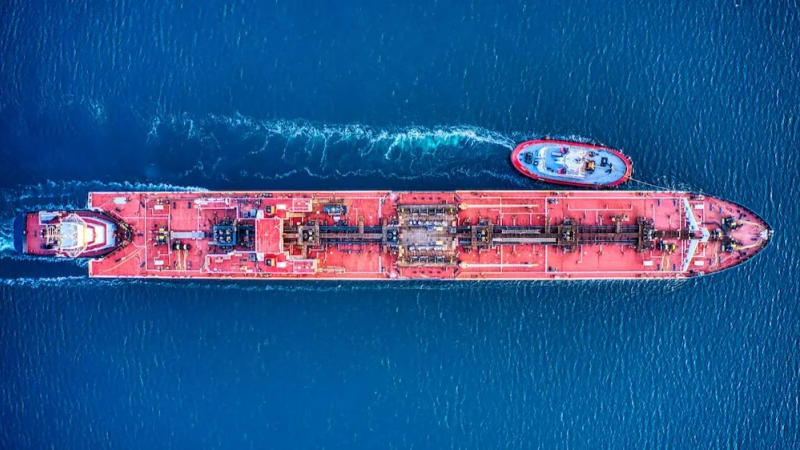Published 11:54 IST, January 28th 2024
Russia’s 14 oil tankers stuck in South Korean port due to US sanctions
Last year, the United States imposed sanctions on various vessels and companies involved in transporting Sokol.

The ship came under attack hours after another ship was attacked off the Gujarat coast. Image used for representative purposes only. | Image:
Unspalsh
- Listen to this article
- 2 min read
Advertisement
11:54 IST, January 28th 2024
